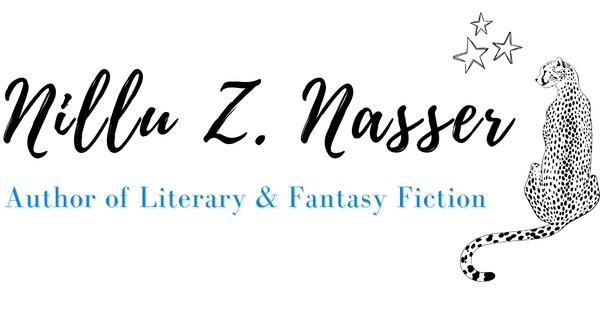 Photo by Hartwig HKD
Photo by Hartwig HKD
It’s been two and a half years since I started blogging. Two and a half years during which I’ve learnt an incredible amount. Some of it is unmeasurable. It’s the result of Twitter conversations, writer friendships, reading blogs and craft books, research, workshops and self-practice. It’s the result of the shift that happens when the deliciousness of a dream is not enough, and you want to make it real.
What I still struggle with are the dirty words, the ones that artists gloss over. It’s unbecoming to speak of money, marketing, exposure. Isn’t it? But then, what are words without air? What power do they have imprisoned on our hard drives, languishing in the ether or between dusty covers? And how, in these age when the landscape is shifting beneath our feet and we are all much better at talking than listening, can you make writing a job that puts food on the table?

Photo by Jesus Solana
There is no magic formula. Talent and perseverance account for a lot, as does peer support, but perhaps, most of all it’s being discoverable: putting yourself out there, seeking opportunities, submitting, guest-posting, having a presence online, blogging, writing the next book, and the next. And it’s this constant motion that is the rewarding and difficult thing. The getting on the bike and peddling, until the next milestone and the next. Growing our muscles and our knowledge, and then laying ourselves bare.
I’m better at some of these things than others, and even then, it’s tricky to get the balance right, to not be sucked into the black hole of the internet. But oh, the reward, to be able to create worlds, and put your own thoughts into this beautiful vehicle of the printed word. To group pixels together in such a way that they hold meaning. To have a conversation with readers that dances in the white space between your words.
One of the most difficult things in our high content world is getting readers to pick you. I have wide choices as a reader – I read memoir, poetry, psychology, thrillers, feminist literature, sci-fi, you name it – but as a writer I think it pays to focus your efforts. It makes it even harder for readers to keep coming back if you are constantly changing your parameters. For me, this is the case whether you are traditionally, indie or self-published. Why would you want to abandon a readership you have accrued or add to your marketing burden by abandoning an existing genre you have gained traction in?

Photo by Hartwig HKD
The truth is, fiction writers today – unless you are a runaway success, which I hope you are – have to publish books on a regular basis to earn a crust from it. Writing is a time intensive activity, and today even traditionally published authors do a lot of their own legwork when it comes to marketing. And so, it becomes critical to focus your efforts: develop your voice, find what you are good at and deepen those skills, brand yourself so that you develop a loyal following and keep it.
When all that is said and done, all we can do is show up at our desks, and when the last line is written, and the critique groups, editor, proofreader and cover artist have all played their part, to show the fruits of our labours to our readers and hope that they fall so in love that they come looking for us again.
In the end, I’ll always write for the ease my mind finds when my fingers caress the keyboard. But to be read, valued, and sought out for your next story. That’s special.
